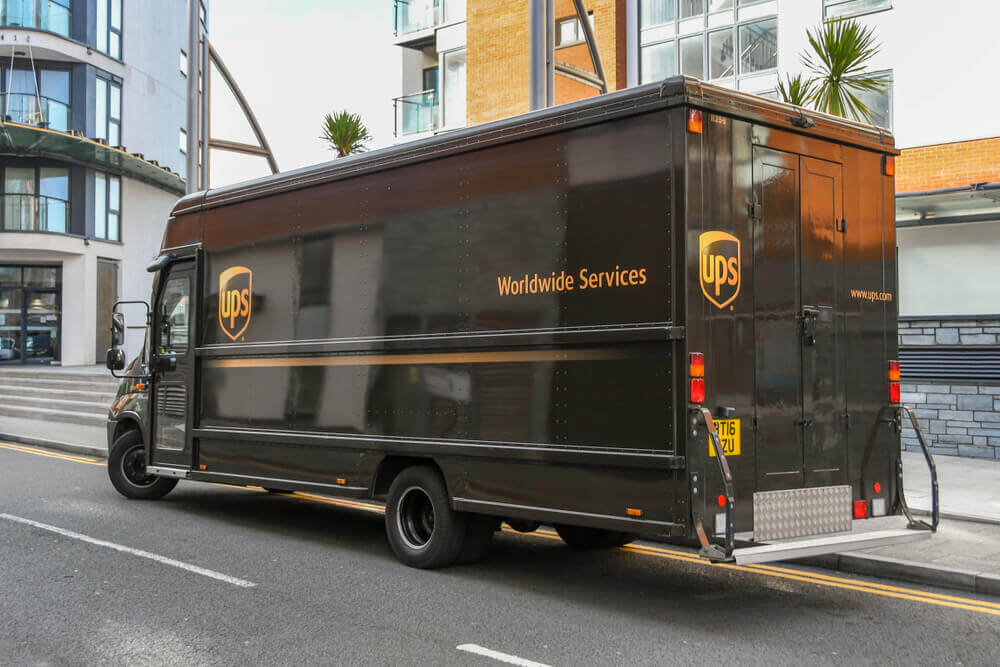On Wednesday, United Parcel Service or UPS, had lower pre-market shares as a workers union said the company left the bargaining table.
On July 03, its stock price rose by 2.52% to $183.77 per share. However, it declined by -2.05% in its pre-market hours to $180.00 apiece.
Teamsters, a workers union representing roughly 340,000 US workers, gave the information. The union reported that the company walked away from the bargaining table after stating an unfavorable offer to them.
According to Teamsters, the deal from UPS failed to address the members’ needs. As a result, the package was rejected.
After marathon negotiations, the parcel service did not comply in giving a final offer to the union. It said they had nothing more to offer.
Based on the workers union, the corporation can benefit American workers. However, they chose not to give it to them. Teamsters said UPS chose the wrong path instead of following the appropriate actions.
They added that the general agreement would end on July 31, and no additional tasks would be made. Besides, they repeatedly clarified that the parcel service members should not work after the expiration of the contract.
In addition, UPS workers have authorized strike actions if talks continue to break down.
Strike Chances for UPS Workers Increases
The chances for a strike at the parcel delivery firm UPS are continuously rising.
Full-and-part-time workers in the US who deliver and handle packages and those who load trucks are covered by the contract.
Furthermore, union and company officials mentioned previously that they must work on a deal to avoid a strike. The occurrence of it can lead to adverse effects for deliveries that include vital medicines.
In 1997, UPS already experienced a national strike, which lasted for 15 days. It put a supply of goods at risk. As a result, it cost the firm $850.00 million and sent other customers to competitors.
On the other hand, labor union gains power from companies combating labor shortages.











